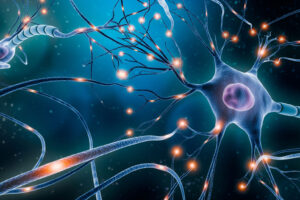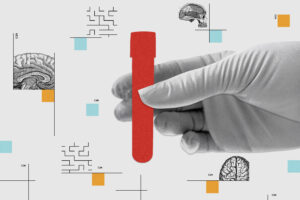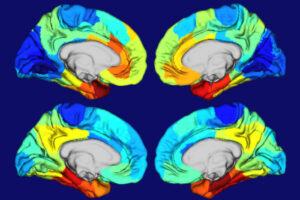The Department of Neurology at Washington University School of Medicine in St. Louis has ranked No. 1 in NIH funding among all neurology departments for the second year in a row. Department leadership would like to thank everyone in the department for their hard work and outstanding contributions to research over the years. The Blue […]
Department of Neurology ranks No. 1 in NIH funding — again!









